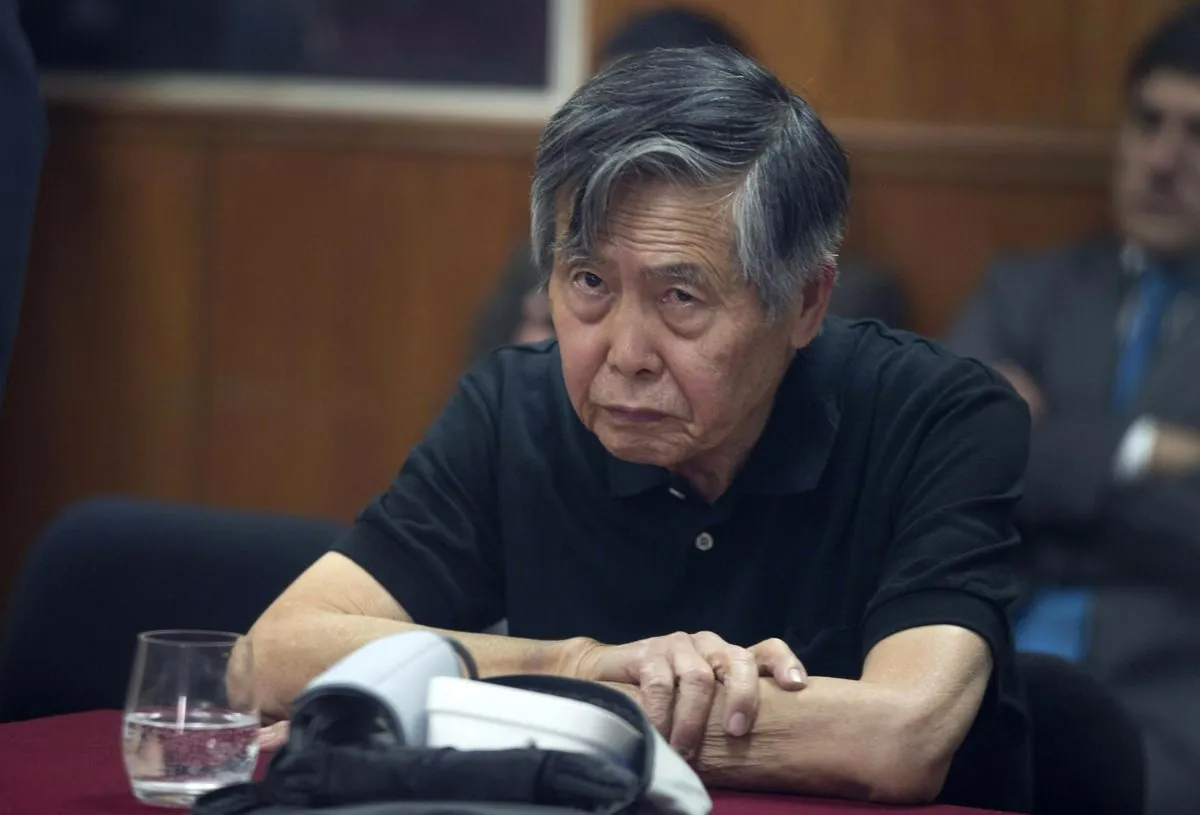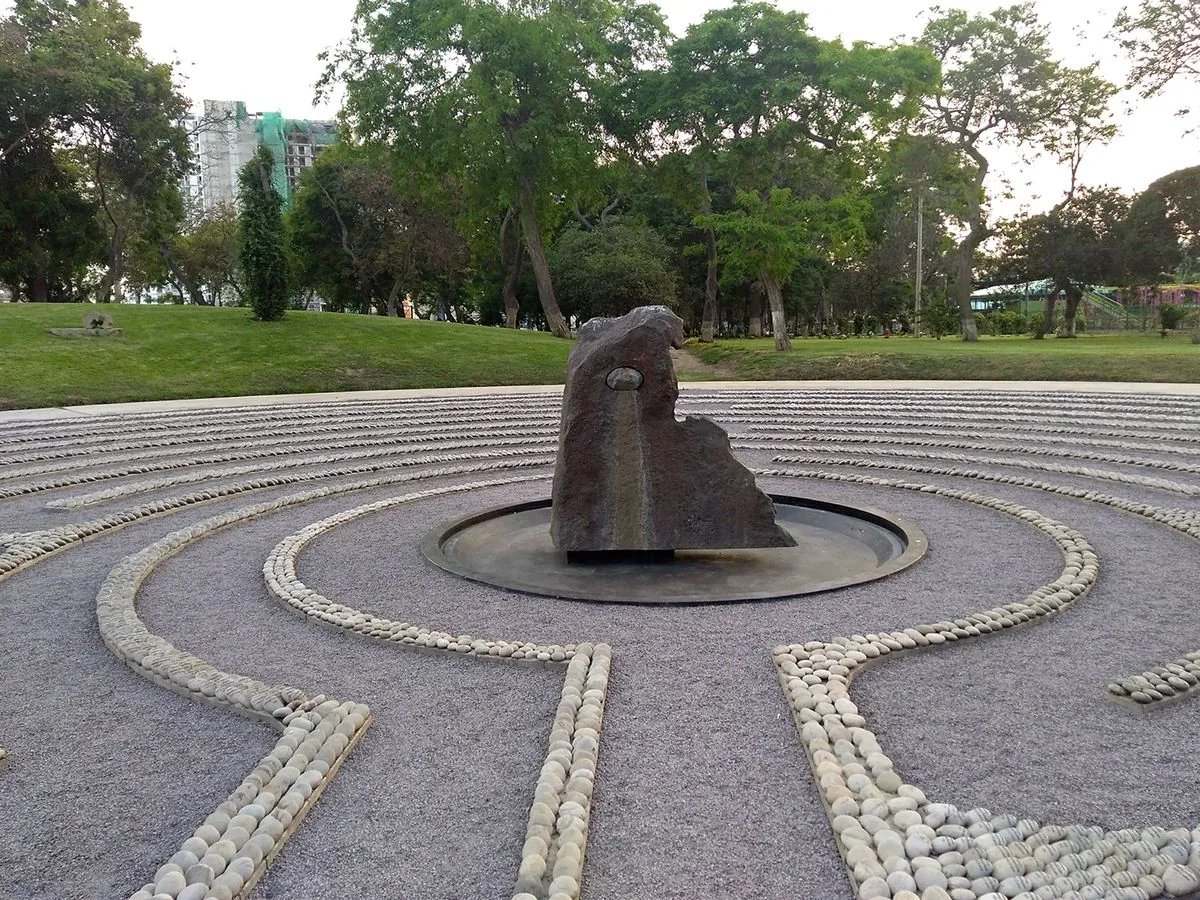Peru Enacts Controversial Law Shielding Pre-2002 Human Rights Violators
Peru's government has passed a law preventing prosecution of pre-2002 crimes against humanity, despite international criticism. The move impacts hundreds of cases and contradicts a recent Inter-American Court order.

On August 9, 2024, the Peruvian government enacted a controversial law that prevents the prosecution of crimes against humanity committed before 2002. This legislation has significant implications for numerous cases related to Peru's internal armed conflict, which lasted from 1980 to 2000.
The new law particularly benefits Alberto Fujimori, who served as Peru's president from 1990 to 2000. Fujimori was sentenced in 2009 for human rights violations and is currently facing another trial for the 1992 murder of six peasants. The legislation also impacts hundreds of military personnel under investigation or prosecution for various atrocities committed during the conflict period.

This legal move contradicts a July 2024 order from the Inter-American Court of Human Rights, the highest regional authority on such matters. The court had instructed President Dina Boluarte, Congress, and the Judiciary to annul the then-proposed bill, citing its violation of international law.
The United Nations swiftly condemned the enactment. Volker Türk, the UN High Commissioner for Human Rights, stated:
"Crimes against humanity and war crimes are among the most serious violations of international law and neither amnesties nor statutes of limitations should extend to them. Those responsible for atrocity crimes must be held accountable, consistent with international law."
The Peruvian prosecutor's office estimates that this law will directly affect 550 victims and 600 cases, including ongoing investigations and judicial processes. These cases may now be archived or dismissed due to statutes of limitations.
This development occurs against the backdrop of Peru's complex history of internal conflict. The Peruvian Truth and Reconciliation Commission estimated that approximately 69,280 people lost their lives during this period, with both state forces and insurgent groups like the Shining Path implicated in human rights abuses.
The new law raises questions about Peru's commitment to international human rights obligations and the principle of non-retroactivity in criminal law. It also highlights the ongoing struggle to balance national sovereignty with international legal standards, particularly in cases involving crimes against humanity, which are generally considered imprescriptible under international law.
As Peru grapples with this controversial decision, the international community watches closely, concerned about the potential erosion of human rights protections and the rule of law in the country.


































